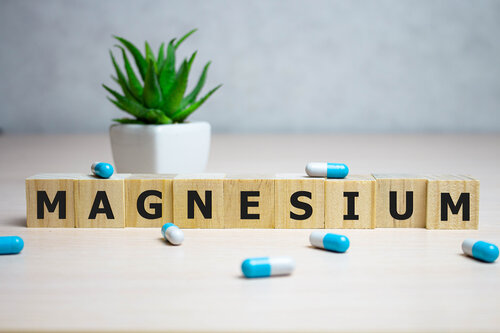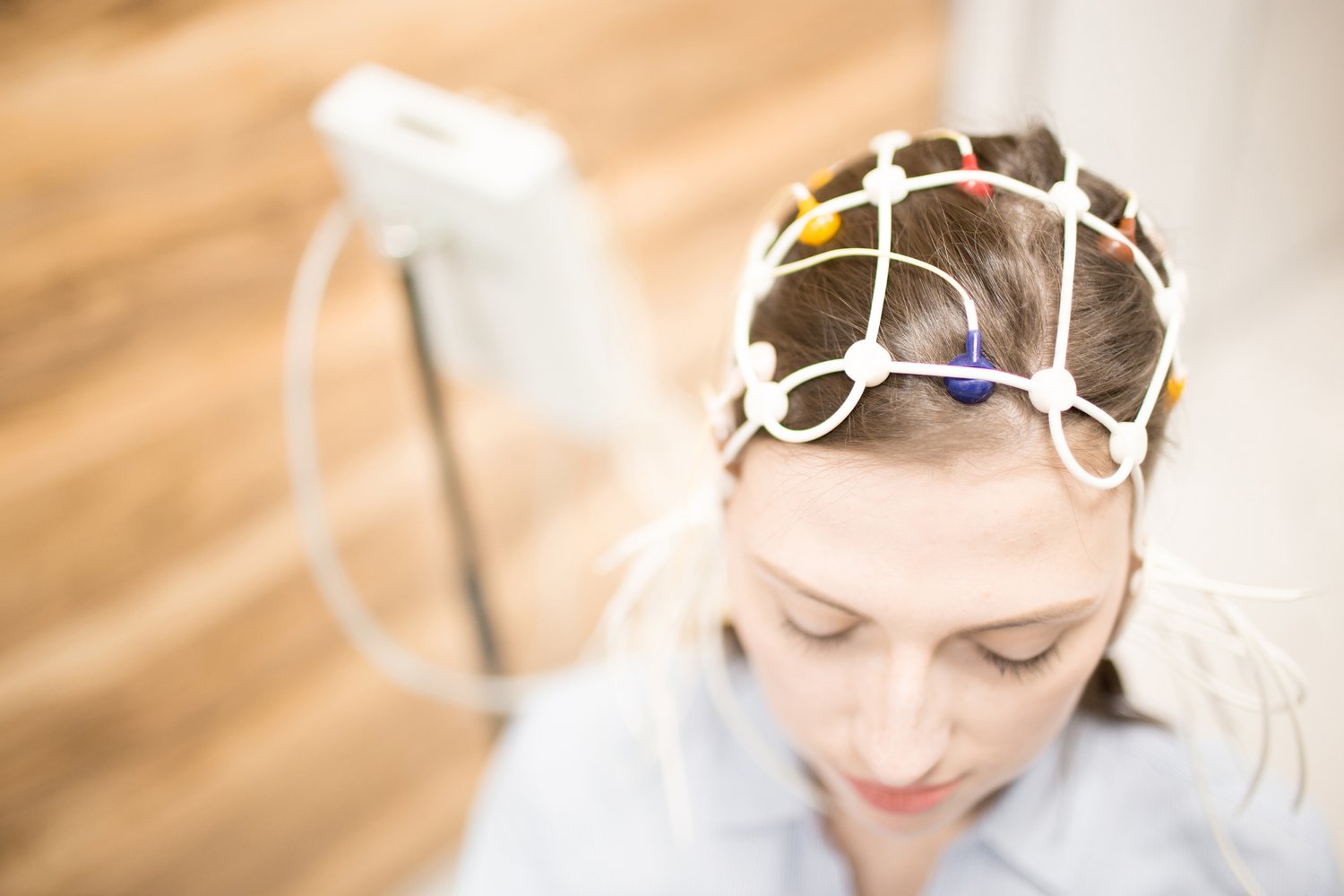If you’ve ever taken an antidepressant and found that it didn’t have the effect you were hoping for, you’re not alone. A recent study showed that antidepressants improved the symptoms of only 20% of people with depression when compared to placebo treatment. You may be wondering:
Why aren’t antidepressants helping me?
In the presentation below, Dr. Suruchi Chandra reviews the limitations of the current framework of psychiatry. The current model of depression centers around the lack of serotonin, the “happy” neurotransmitter, in the brain. The low effectiveness of antidepressants that target this chemical imbalance, however, reveals that there is more to depression than just the serotonin theory.
Are there other options for treating my depression?
Dr. Chandra encourages us to look towards integrative and functional medicine, an evidence-based, non-drug approach which views the brain as a complex system that interacts with the whole body. Many patients describe their depression not just as an emotional state, but as an entire physical condition. This reflects the fact that depression can actually be a symptom indicative of broader health issues, such as:
- Hormonal and nutritional imbalances
- Chronic infections
- Microbiome disturbances
How can integrative and functional medicine help treat the root cause of my depression?
Integrative medicine uses many evidence-based approaches to address these bodily dysfunctions that underlie depression and other psychiatric disorders, including:
- Herbal medicine
- Minerals supplements
- Lifestyle and habits
- Diet and exercise
Ultimately, this approach attempts to create an environment in the body where the brain can heal and build resilience. To learn more about how the integrative approach addresses depression and its root causes, watch Dr. Chandra’s presentation below.
For those who are located in the San Francisco Bay Area and would like to learn more about our clinic’s integrative medicine approach, you can start your healing journey here.
For those beyond our area of service, please visit the Integrative Medicine for Mental Health website to find an integrative practitioner near you.
The information and any products mentioned in this article are not intended to diagnose, treat, cure, or prevent any disease. The information provided is for educational purposes only and not intended to replace the relationships with your physician(s). Before initiating any conventional or integrative treatments, please first consult with a licensed medical provider. Please review references cited at the end of article for scientific support of any claims made.
Suruchi Chandra, MD
By
October 30, 2020
|







